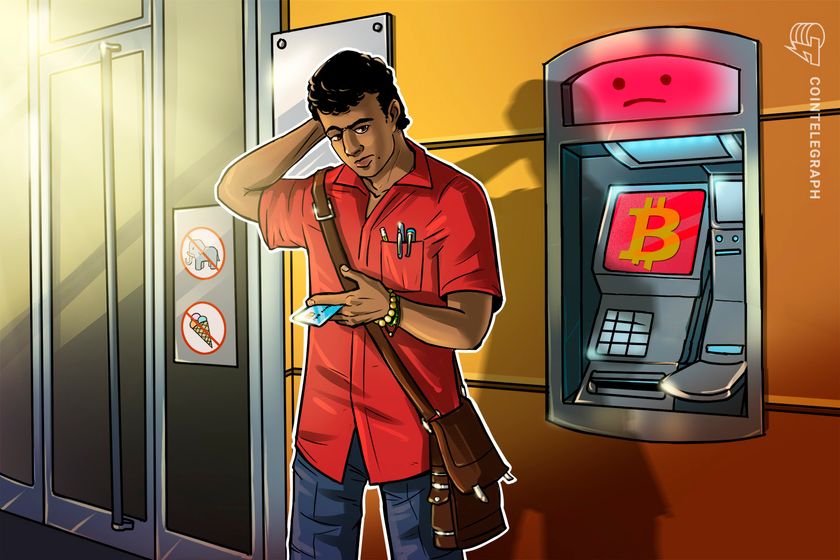

The Illinois Senate by a vote of 39 to 17 passed a regulatory bill aimed at curbing cryptocurrency fraud and protecting investors from deceptive practices, including rug pulls and misleading fee structures.
On April 10, the chamber passed Senate Bill 1797 (SB1797), also known as the Digital Assets and Consumer Protection Act, which Senator Mark Walker introduced in February.
The bill gives the Illinois Department of Financial and Professional Regulation authority to oversee digital asset business activity within the state.
Under the legislation, any entity engaging in digital asset business with Illinois residents must be registered with the state’s financial regulator. The bill also requires crypto service providers to offer advance full disclosure of user fees and charges.
Bill SB1797. Source: Ilga.gov
“A person shall not engage in digital asset business activity, or hold itself out as being able to engage in digital asset business activity, with or on behalf of a resident unless the person is registered in this State by the Department under this Article […],” the bill states.
Related: Trump family memecoins may trigger increased SEC scrutiny on crypto
Walker has previously highlighted the need to address crypto-related fraud in Illinois. In an April 4 X post, he stated:
“The rise of digital assets has opened the door for financial opportunity, but also for bankruptcy, fraud and deceptive practices. We must set standards for those who have evolved in the crypto business to ensure they are credible, honest actors.”
Illinois’ push for stronger oversight follows a wave of high-profile memecoin meltdowns and insider-led scams that have left retail investors with substantial losses.
In March, New York introduced Bill A06515, aiming to establish criminal penalties to prevent cryptocurrency fraud and protect investors from rug pulls.
Related: Trump’s tariff escalation exposes ‘deeper fractures’ in global financial system
Memecoin scams spark regulatory momentum
One of the most notorious recent cases was the collapse of the Libra token, a memecoin reportedly endorsed by Argentine President Javier Milei. In March, the project’s insiders allegedly withdrew over $107 million in liquidity, causing a 94% price crash and wiping out roughly $4 billion in market value.
Libra token crash. Source: Kobeissi Letter
Insider scams and “outright fraudulent activities” like rug pulls, which are “not only unethical but also clearly illegal, with case law to support enforcement,” should see more thorough regulatory attention, Anastasija Plotnikova, co-founder and CEO of blockchain regulatory firm Fideum, told Cointelegraph, adding:
“In my view, these activities should fall firmly within the jurisdiction of law enforcement agencies.”
The latest meltdown occurred on March 16, after Hayden Davis, the co-creator of the Official Melania Meme (MELANIA) and the Libra token, launched a Wolf of Wall Street-inspired token (WOLF).
Source: Bubblemaps
Over 82% of the token’s supply was held by the same entity, which led to a 99% price crash after the token peaked at a $42 million market capitalization.
Argentine lawyer Gregorio Dalbon has asked for an Interpol Red Notice to be issued for Davis, citing a “procedural risk” if Davis were to remain free as he could access vast amounts of money that would allow him to either flee the US or go into hiding.
Magazine: Caitlyn Jenner memecoin ‘mastermind’s’ celebrity price list leaked



